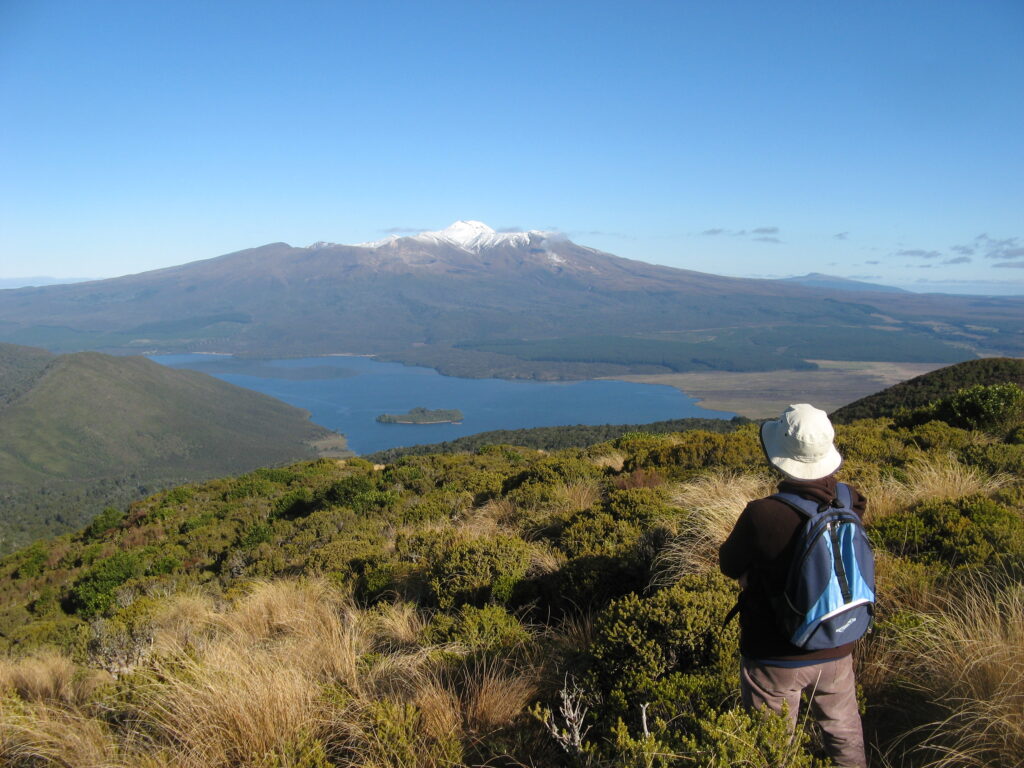
We should have realised that posting the info on Lake O would immediately raise questions on the other nearby Lake Rotoaira. There are two concerns:
For the last year anglers have expressed their concerns that as a separate Lake Rotoaira fishing licence is now all trout anglers will require to fish at Lake Rotoaira, as both lakes are located in the LRFT (Lake Rotoaira Forest Trust) controlled forestry region, the same licence rules for Lake Rotoaira will be extended and applied to Lake Otamangakau in the future?
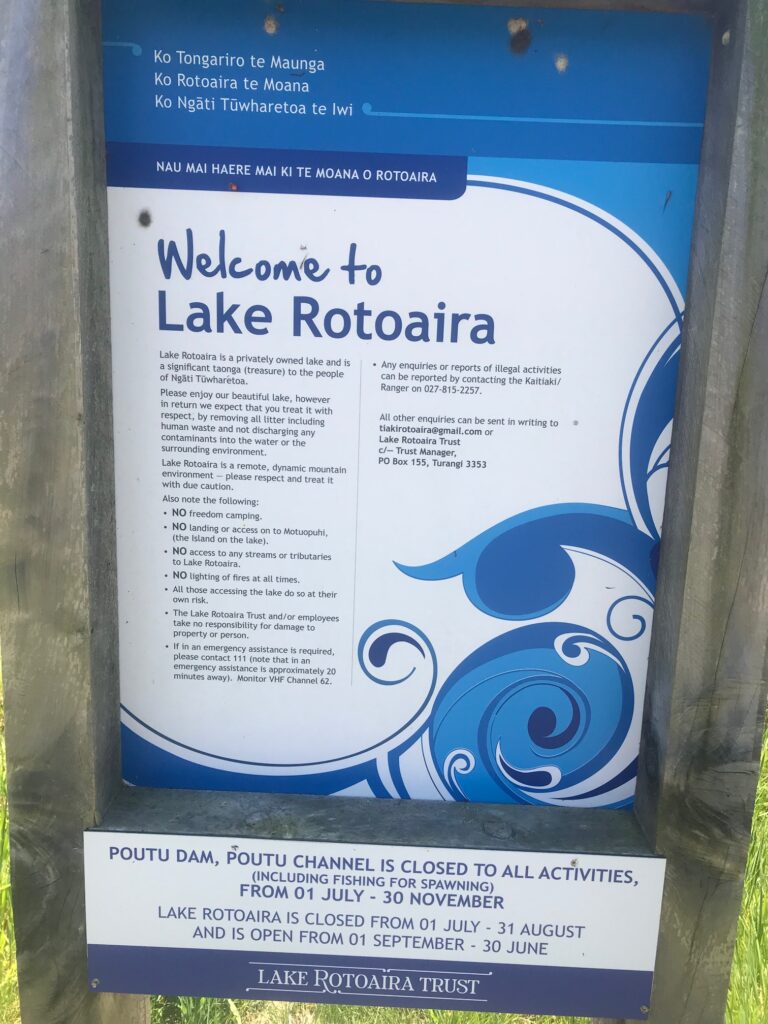
NEWS release: 24 September 2021
A single Lake Rotoaira fishing licence is all trout anglers will require to fish at Lake Rotoaira this season. A Taupō fishing licence is no longer required.
For added convenience the DOC Taupō Fishery Team has worked alongside the Lake Rotoaira Trust to make these new licences available online from the Taupō fishery website.
As part of the 2017 Tūwharetoa Deed of Settlement, redress provisions provide for Lake Rotoaira Trust to sell fishing licences for the Lake, and this has now been enacted.
Lake Rotoaira Trust chairman John Hura believes it is a step worth celebrating.
“We’re ecstatic to have reached this milestone after years of work, alongside the Department of Conservation (DOC) and our shareholders. The simplified process is undoubtedly a positive step forward,” he says.
The new Lake Rotoaira licences will simplify the previous system, which required anglers to have both a DOC Taupō Fishery Licence and a Lake Rotoaira access permit. A Taupō fishery licence will no longer be necessary.
“The outcome of this permit process aims to make the season more affordable, and accessible, for many groups,” John Hura says.
DOC Operations Manager for the Taupō fishery, Dave Conley has worked closely with Lake Rotoaira Trust to create a smooth management transition at this popular fishing venue.
“We want to help ensure the Rotoaira fishery thrives, and anglers can easily get access to a fishing licence. Lake Rotoaira provides excellent angling opportunities and being so close to Lake Otamangakau it can be a great alternative fishery.
“While the fishery may be under a new licencing regime, it still sits within the geographical boundaries of the Taupō Fishing District, so our existing online licence store seemed the ideal platform to offer the new Rotoaira Licences.
“We look forward to a productive ongoing relationship with the Lake Rotoaira Trustees and seeing the fishery thrive under the new licencing regime,” Dave Conley concluded..
The new Rotoaira licence only entitles anglers to fish at Lake Rotoaira. A Taupō Fishery licence is required to fish elsewhere in the Taupō Fishing District.
Lake Rotoaira Fishing licences are available online
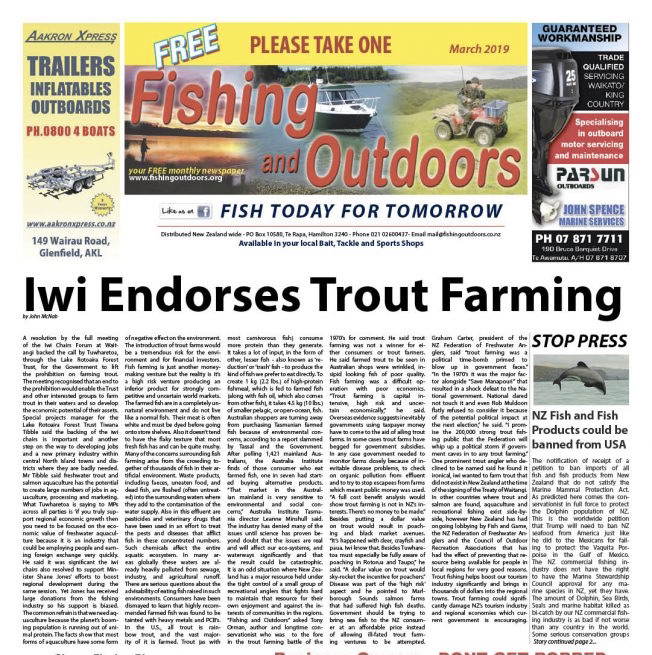
Of more concern to anglers – they continue to ask if the changes in licences for Lake Rotoaira are part of a strategy to introduce trout farming? They are worried about the high risk of inevitable disease from any lake-based farming operations reaching the Tongariro River via the only outlet from the lake – the Poutu Stream?
See the articles dated May 2019 and response in 2020 from the Federation of Freshwater Anglers secretary Rex Gibson and Fish and Game chief executive Martin Taylor.
May 13, 2019
Lake Rotoaira Forest Trust keen on land based trout farming around Lake Rotoaira
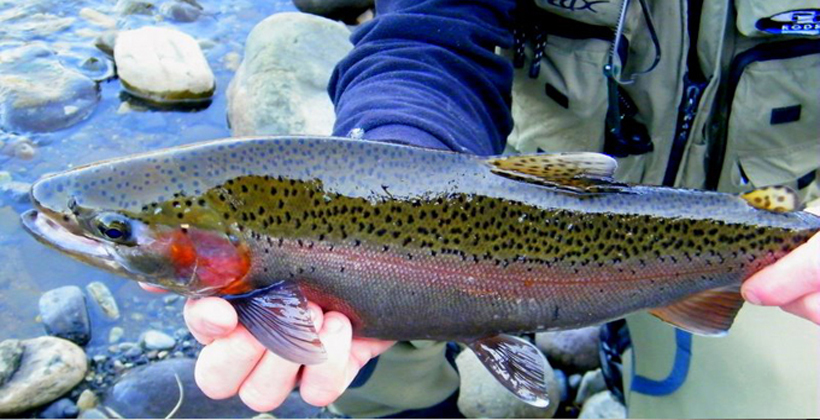
The Māori owners of a lake under Mount Tongariro are backing an attempt to allow trout farming.
Parliament’s primary production committee is considering a petition from salmon farming pioneer Clive Barker for restrictions on the farming and sale of trout to be lifted.
Lake Rotoaira Forest Trust Project Manager Tiwana Tibble says the trust’s Tūwharetoa owners are looking closely at the debate, as their lake could be suitable for aquaculture.
He says an attempt to allow trout farming in the 1970s was thwarted when fish and game lobby campaigned against then-minister Duncan McIntyre, costing him his Hawke’s Bay seat, but the success of the salmon industry shows what can be done.
“Down in Twizel they’ve got farms at altitude there and they’ve got these whopping trout, because they feed off the food missed by salmon in the pens. That’s a great example 40 years later where trout farming and recreational fishing can go hand in hand. We’ve got to come forward modern,” Mr Tibble says.
Lake Rotoaira Forest Trust is pushing forward with plans to farm salmon in its waters.
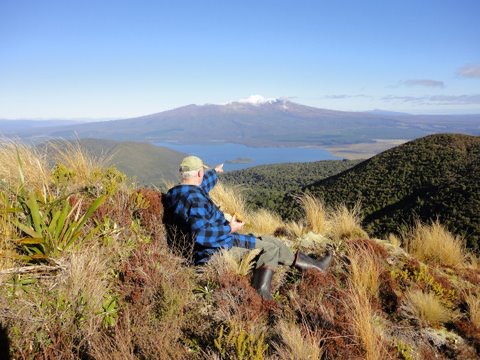
In September 2020 the Federation of Freshwater Anglers secretary Rex Gibson commented:
“The sports trout fishery industry was worth well over $1 billion a year, and would be threatened by the introduction of commercial trout farms.“
Fish and Game chief executive Martin Taylor said to fish for trout in New Zealand, anglers must hold a licence. About 100,000 licences were issued every year, and about 10 per cent of those went to foreigners.
Gibson said the industry supported thousands of jobs directly and indirectly as rich international tourists came to New Zealand to enjoy angling. Most of that money was spent in rural areas.
A trout caught by an overseas tourist or domestic sports fisher was effectively worth hundreds of dollars a kilogram to the economy, with all the ancillary tourism and sports-related costs factored in, “but farmed trout may not even sell as much as farmed salmon currently at $34 per kilogram.”
Ecological disasters in the United States and Europe had resulted from trout farming operations, he said.

“Invariably overseas, fish have caught diseases in fish farms, they have got into the wild fishery and the tourism industry has taken a big hit,” he said.
Gibson cited the risk of a disease outbreak from crowded pens, increased poaching and black market sales, genetic damage to the country’s wild trout varieties from farm escapees, pollution from effluent and the need for large quantities of fresh water to maintain trout farms.
“Such projects will inevitably require high taxpayer-funded ministerial input to deal with disease, monitoring and environmental problems.”
Despite the fact that the Fish and Game Council had opposed the petition saying New Zealand was one of the top trout fishing destinations in the world, in August it had determined to look at the issue “with fresh eyes”.
Taylor said Fish and Game had been opposed to commercial trout farms for decades but was now funding research to determine their suitability for the New Zealand environment.
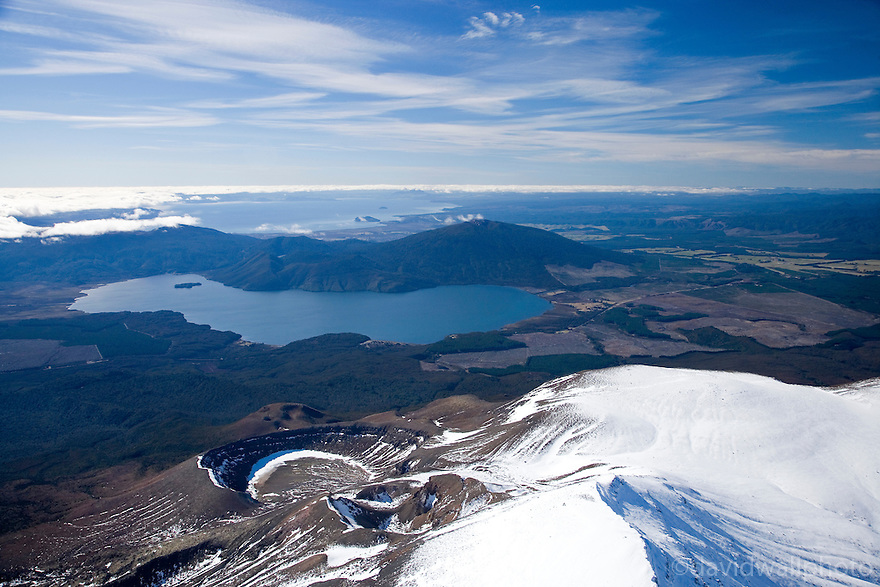
The Taupo fishery is managed by DOC (Department of Conservation). Anglers have asked what is their policy – do they ban trout farming? Freshwater fish farming is governed by the Ministry for Primary Industries (MPI). They would control any licences to sell freshwater fish.
